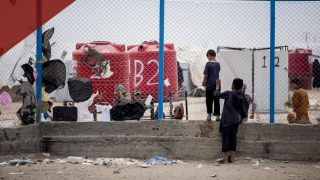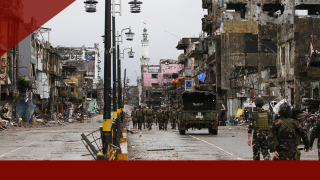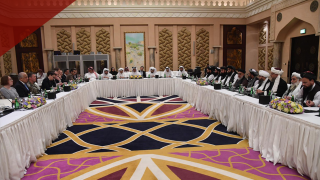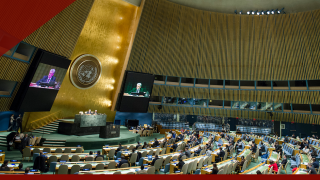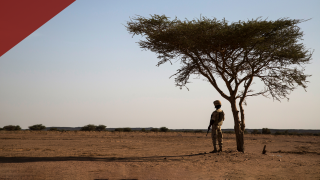Absent international legal mechanisms and multilateral agreements to support the trial of ISIS detainees in northern Syria—including a resolution to adjudicate international crimes—domestic courts in member states are emerging as promising platforms for administering justice.
Tag: terrorism
-
-
The roll-out of counterterrorism and P/CVE policies, plans, and projects in the Philippines is having a significant negative impact on peace, security, and the fulfillment of human rights in the country.
-
The complex effects of counterterrorism policies have impeded mediation efforts, impacted conflict dynamics, and created challenges to forging peace.
-
While the adoption of Resolution 1373 signaled intent by the Security Council to appear responsive, it left more questions than answers about the role and impact of the United Nations in addressing an increasingly transnational threat posed by violent non-state actors.
-
The UN Global Counter-Terrorism Strategy and its review process should be a thorough, inclusive, and strategic reflection on the role of the UN in counterterrorism, focusing on peace, rights, development, and security.
-
Despite all the resolutions, the tens of millions of dollars that have been spent to support their implementation, and the challenges presented, there has never been a comprehensive, let alone independent, review of the Security Council’s counterterrorism work over the past two decades.
-
It is remarkable that two decades of extensive global counterterrorism law and cooperation have proceeded from a normative black hole: the absence of a common definition of terrorism.
-
As the 20th anniversary of 9/11 approaches, there is value in assessing the emergence of counterterrorism as the “fourth pillar” of the UN, its effectiveness to date, and the way ahead.
-
Should the worst come to pass for Chad and its military, Islamist and extremist groups in the region will likely strengthen.
-
A lack of concrete action could turn southeast Africa into an unstable region akin to parts of West Africa.
